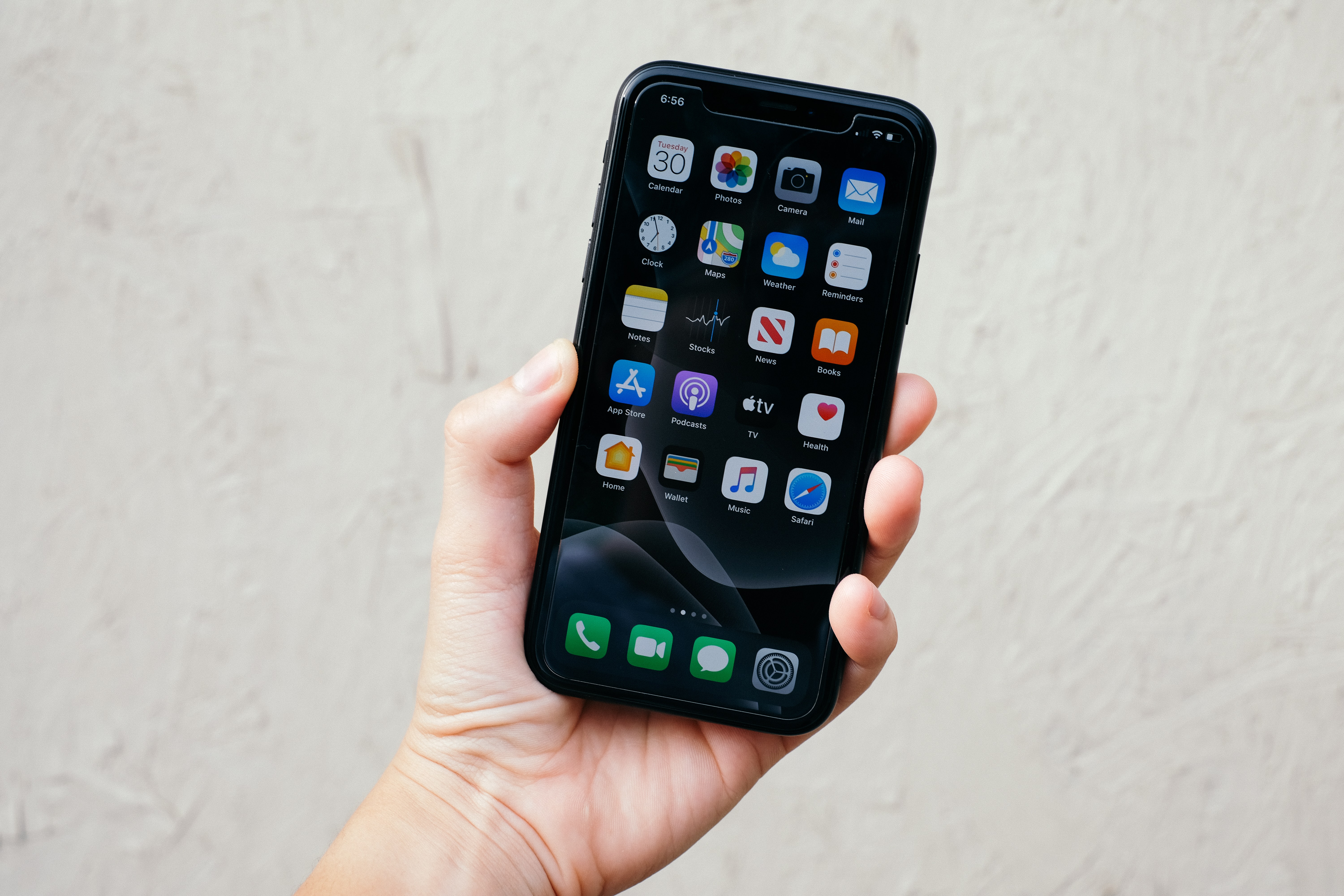2020 has been a year of digital transformation. The COVID-19 pandemic has changed the way we live, and businesses are struggling to adapt to the new consumer behaviour brought about by health concerns and uncertainties that alter our daily activities.
In this unusual era, the world is headed towards digitisation. Mobile app development is obtaining remarkable traction in all aspects of life and becoming a necessary part of the digital environment. We’ve witnessed many large companies invest in their own mobile apps and small businesses slowly realizing the relevance of mobile applications thus, integrating them into their own processes.
Businesses need to keep up and transform fast. With the way things are going, it is important to stay in the curve and explore new opportunities and leverage technology.
Here are some of the mobile app development trends to watch out for in 2021:
Advanced virtual workspace
The data-driven nature of virtual workspaces lets organisations monitor their team’s progress, manage tasks, balance workloads, and measure productivity in a way traditional systems have never been able to.
This type of technology isn’t exactly new however, we are expecting to see growth in companies implementing these systems into their workflow due to the increasing demand for digitising business continuity plans. Existing work-related apps may also start redefining their users’ experiences to address newer problems they may be facing, such as staying productive in a home environment while monitoring their health and wellbeing.
AR and VR
Augmented and virtual reality is no longer just for gaming – apps in the future will rely on it for different purposes.
One good example is making use of augmented reality to develop apps that allow users to experience live concerts and events from the comfort of their home. There are also learning apps that make use of VR for instructive how-to guides and hands-on skill-building. The demand for AR and VR applications is growing in all industries, including healthcare, retail, education, travel, and entertainment.
Internet of Things
The rise of IoT will continue in 2021. With most of us spending more time at home, smart home devices and wearables for healthcare and fitness are expected to become more popular than ever. Interesting new concepts are expected to come out from the idea of tailoring the environment of a living space through a mobile app.
Affordable and effective IoT tools will change most industries. And as for IoT software development, engineers from all over the world should consider improving their programming skills to write code for energy-efficient connected devices.
Heightened cybersecurity
With the increasing demand for IoT mobile app development, this means your network of devices and operating systems will continue to grow thus, more data needs to be secured.
In a recent report, 40% of security breaches are indirect attacks. Hackers usually look at the easiest way to gain access to resources, which is not a direct attack to specific software of platforms, but your customers.
While cybersecurity is an issue that is not very easy to solve, developers must find a way to reassure users of the safety of their apps and implement additional security controls to protect your data. If you are able to respond to threats quickly, it will be easier to fix security breaches sooner to reduce overall damage.
Financial Technology
The COVID-19 pandemic has influenced the way people make purchases and cashless transactions have become the norm faster than expected. Because of this, companies and consumers are expected to embrace fintech even more in the coming years.
Fintech apps are already widely in use, especially among younger demographics using mobile wallets like Apple and Google Pay. However, developers are still expected to improve the overall UX, security, and dependability of such apps, as well as making it more accessible to older audiences.
More real-life integration
These are just some of the mobile app development trends to watch out for but if you take a closer look, the overall trend is real-life integration. From workspace, home, security, and finance, we are all heading to a digital environment.
Mobile apps are clearly becoming more integrated with our daily lives than ever before. There definitely will be more opportunities in mobile app development that will help people improve their quality of life.

